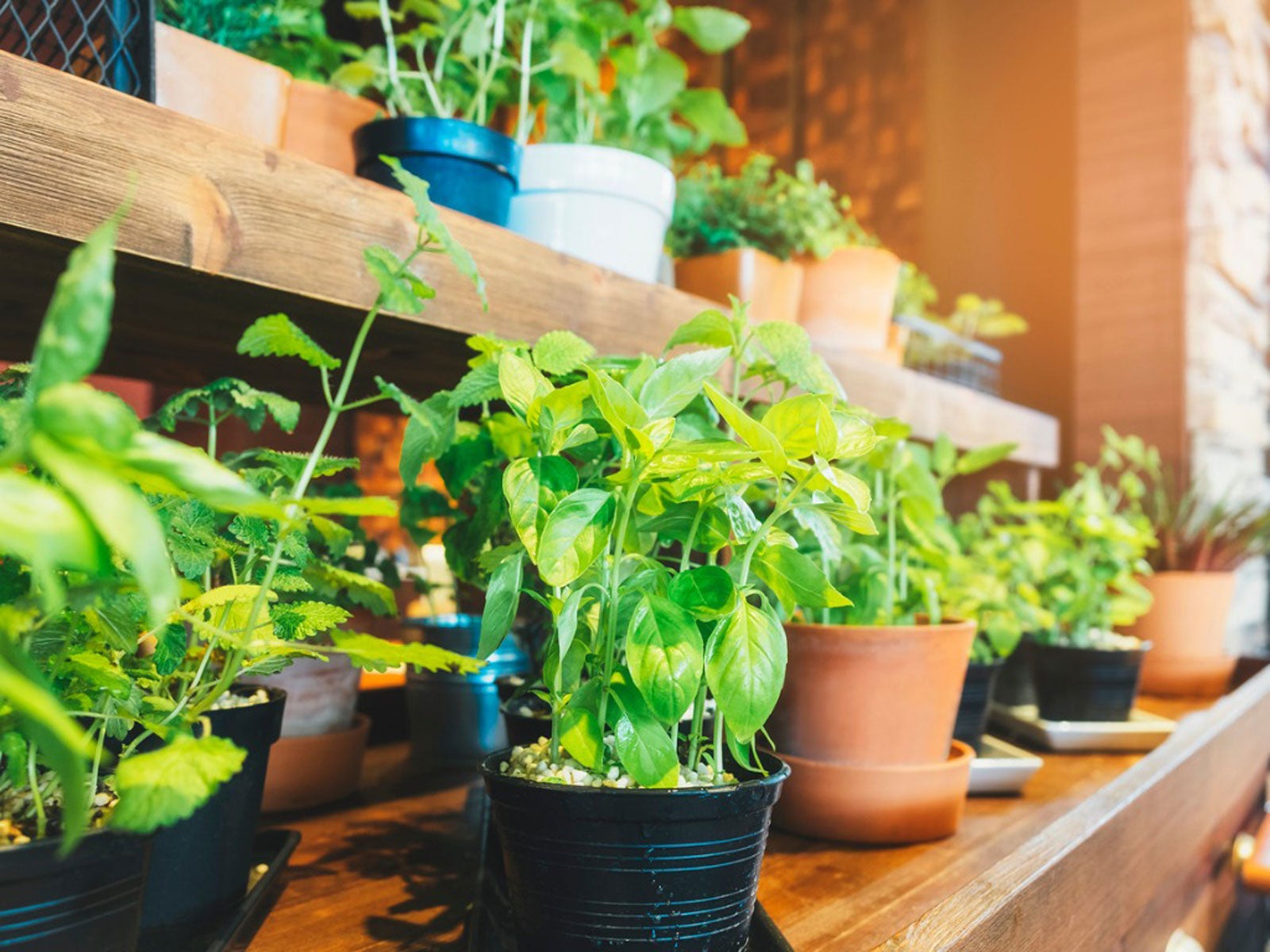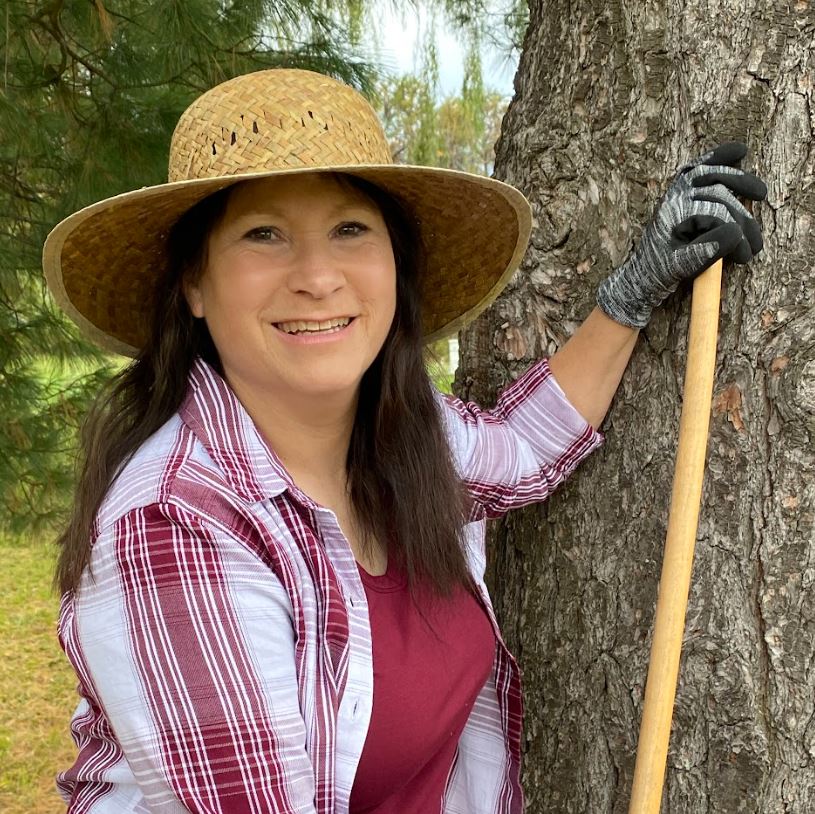Indoor Edible Gardening – Creative Ways To Grow Food Indoors


Sign up for the Gardening Know How newsletter today and receive a free copy of our e-book "How to Grow Delicious Tomatoes".
You are now subscribed
Your newsletter sign-up was successful
One of the drawbacks to growing produce indoors is the clutter created by the array of flowerpots and planters. What if you could find ways to grow food indoors and still keep the aesthetics of your home décor? You can do just that with these creative edible garden ideas which allow you to grow indoor fruit, vegetables, and herbs while keeping your home looking neat and tidy.
Indoor Edible Gardening
The key to attractive indoor edible gardening is to blend those pots and planters in with your current décor and use those edible plants as accent points. For instance, instead of hanging a potted philodendron, plant a “globe” of lettuce using a wire basket. Here are a few more innovative ways to grow indoor fruit, vegetables, and herbs:
- Hydroponic jars – Recycle spaghetti sauce jars into hydroponic growing containers for herbs and lettuce. Place the jars on a narrow shelf or mounting board in a well-lit area of the kitchen to accentuate the modern or futuristic kitchen.
- Basket display – For more traditional ways to grow food indoors, use clay pots or upcycled glassware as soil-holding planters for herbs, leafy greens, and strawberries. Create write-on labels with chalkboard paint and display the containers in a decorative basket to recreate an old-fashioned country kitchen atmosphere.
- Hanging basket – Remember those macramé planters from the 70s? Ditch the inedible foliage and flowers for lettuce, tomatoes, or cucumbers. Then hang your retro-style planter near a sunny window for a new take on indoor edible gardening.
- Wall shelf – Go crazy with wall shelving units to hold a mixed or matched set of decorative pottery planters. From vintage to modern, these 3-D wall hangings can match any decorating style and are perfect for growing produce indoors.
- Italian teacup garden – Hit the thrift shop for incomplete sets of teacups and a teapot. After drilling a small drainage hole in the bottom of each piece, use the decorative teacup planters for Italian herbs like basil, parsley, and oregano. Reserve the teapot for a dwarf tomato. Display your teacup garden on an Italian villa console table.
- Tiered planter – From a tabletop design to a floor model, tiered planters can hold a variety of indoor fruits, vegetables, and herbs. Add a trellis to the top planter for vining plants like pole beans or grapes. This space-saving design can sit in a sunny corner and be hand painted to match any décor.
- Decorative tins – Not sure what to do with all those metal popcorn, candy, cookie, and nut tins? Put them to good use as plant holders for lightweight pots of your favorite herbs or garden veggies. Simply hot glue one or more magnets on the back and stick the tins to any metal surface. An office filing cabinet can be the perfect place for growing produce indoors.
- Decorative tree – Many types of fruit trees have lovely foliage and a pleasing shape, making them attractive accent pieces for entrances, landings, and hallways. Choose a dwarf variety which doesn't require a chill period. Many citrus trees, such as Meyer lemons, are self-pollinating.
Many types of herbs, vegetables, and fruits can be grown indoors in sunny spots or under artificial lights. With a little imagination, anyone can create edible garden ideas that smoothly blend their indoor gardening goals with the style of their home.
Sign up for the Gardening Know How newsletter today and receive a free copy of our e-book "How to Grow Delicious Tomatoes".

Laura Miller has been gardening all her life. Holding a degree in Biology, Nutrition, and Agriculture, Laura's area of expertise is vegetables, herbs, and all things edible. She lives in Ohio.